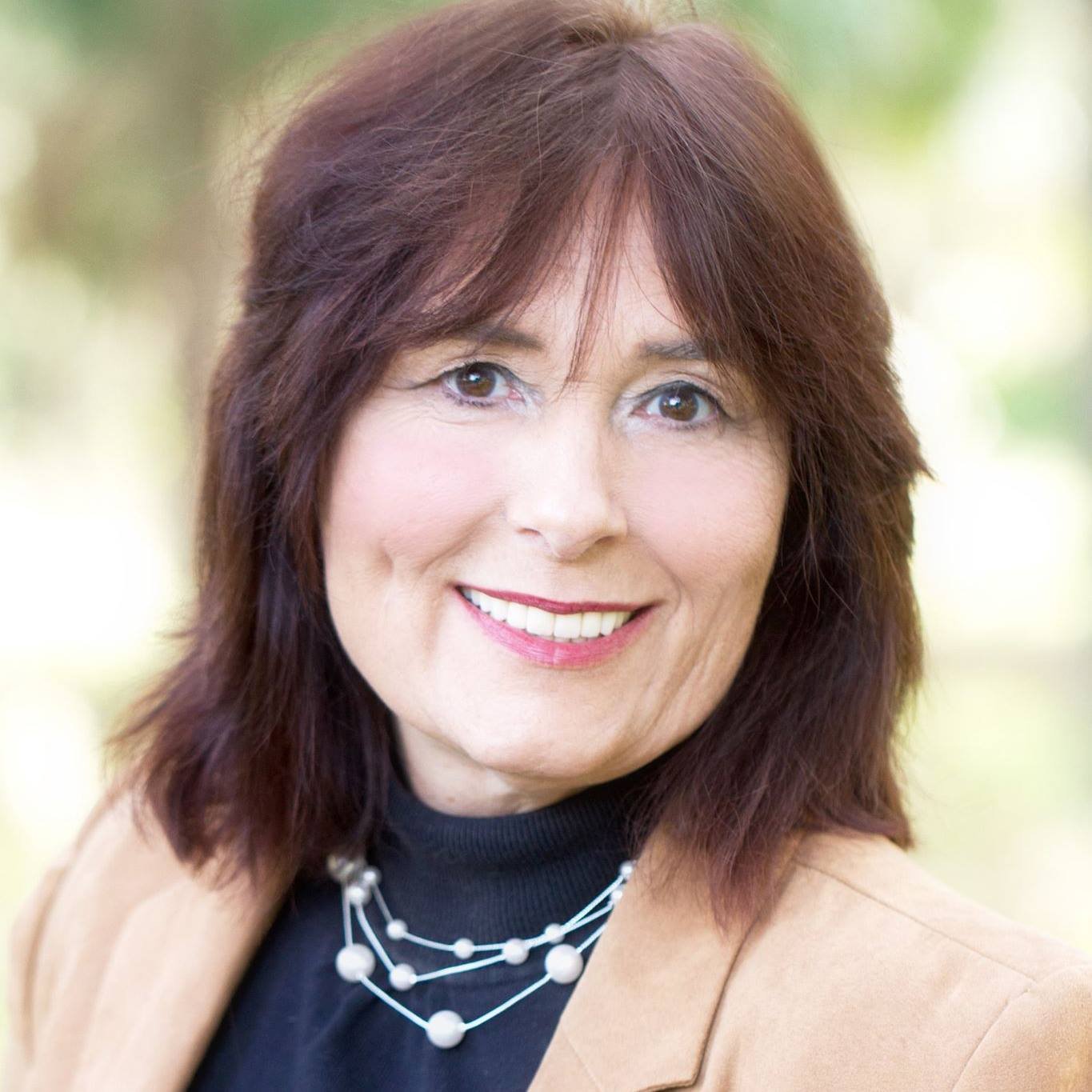
Brian M. Douglas is an estate planning attorney in Atlanta, Georgia.
Brian M. Douglas assists clients in all areas of life and wealth planning.
In this interview, he talks about important issues each person should plan for
during their personal life stages. Brian M. Douglas is the international best-selling
author of ‘Plan Your Estate Before It’s Too Late: Professional Advice on Tips, Strategies, and Pitfalls To Avoid In Your Estate Planning’ available on Amazon.
Brian is a highly respected attorney with a solid reputation with his clients, colleagues, opposing counsel, and within the court system throughout the state of Georgia. Through his firm, he has taken on very diverse cases, working with real estate law, estate planning and elder law. What Brian is highly acclaimed forestate planning and asset protection. Today, Brian is married to a wonderful woman, Tess. They have two small children who make life a daily adventure, and are passionate about animal rescue and fostering, along with all causes that help promote it.
In this interview, he discusses how to plan your estate during different times in your life.
Tamara Patzer: This is Tamara Patzer, and I am happy to introduce you to today’s guest, Brian Douglas. Brian is an attorney in Atlanta, Georgia and he helps individuals and families preserve their legacy through estate planning. I’m really excited about this topic because everybody needs to think about their legacy at some point in time, and I don’t think it really matters if you’re young, middle aged, or older, it’s an important topic. Who do you help with this planning?
Brian Douglas: We help pretty much everyone. I kind of joke with some of colleagues that are divorce attorneys, and I say the statistics for divorce say that half the people that get married will get divorced, so your target audience is only half the population if you will, or at least the married population. As we all know, the statistics for death is a hundred percent. We all are going to pass away at some point in time, so we offer our services to everyone. Generally I kind of put them into three different buckets if you will, there’s the young family that’s starting out or the younger individuals that maybe have children, are about to have children, are starting a family, their assets may not be where they’re going to be in thirty, forty years, but they have considerations that are unique to that situation. Meaning, if something happens to them, I kind of use the Titanic as the example, the boat sinks, so what happens? Mom and dad go on the cruise and the boat sinks, now you and I know that doesn’t happen very often, but those types of things can happen and do happen.
Who gets the children? What happens to the children? Who gets the house? The children would maybe get it, but you don’t want to leave a house, or a car, or a 401k, or a life insurance policy to a three year old. That’s kind of one of the first places where people will start. Then you get maybe the empty-nesters, children have gotten through college, they’re moving on, they’ve accumulated some assets, they’re still working, they’re still accumulating assets, but retirement’s out there on the horizon, they’re not there yet but they can see it. They have a unique kind of level of planning that we look at and then we do with them, there’s a very powerful set of tools and planning that we can do for them because they’re approaching what is that third category which is the retired people.
Long term care, fixed income, the assets that they’ve had for the most part are what they’re going to have and that’s going to take them through the rest of their life and beyond. With the aging population that we have with the baby boomers, with people living so much longer through medical technology, long term care and health issues is a huge concern coupled with the skyrocketing costs of health insurance or rather health care, on the insurance as well, but the skyrocketing costs of health care can bankrupt people. You can be nursing home poor, meaning every dime that you have just gets sucked into the care of you or your spouse, or a parent, depending on whoever you are.
Tamara Patzer: You have three basic categories, your young people, they could be single or married, then as we travel through time, the empty nester people who are saying, I raised my kids, they’re off to college, and now I have to think about what’s happening in the next twenty years or so, and then of course, you said the older people. Let’s go ahead and maybe give one little piece of a tip about if I’m a younger person, what should I be really focusing on in my younger years?
Brian Douglas: The planning for younger people, frankly isn’t all that much different than older people, with the exception of a couple things. Generally the younger people will have younger children, they have minor children, so the planning I’m going to do for my minor children would be different than the planning that someone would do for their adult children because just the same thing, you don’t want to have a ten year old or even a sixteen year old, an eighteen year old, even if they’re not legally a minor, you don’t want to give them a bunch of money or property because they need to have some rules to go along with it. They may or may not be emotionally and financially secure and educated enough to handle those sorts of things, so anything that you were to give them, you would want to give them with a certain rule book. Obviously, if they’re under eighteen, one of the biggest considerations for people, parents if you will, in their planning is who will raise my children if I’m not here to raise my children myself? Identifying who shares the values and the social customs, and norms, and everything that’s important to you and your spouse if something were to happen to the two of you and you could no longer raise your children. I get that phone call a lot, it kind of makes me laugh because I can always tell when we’re going to get to that point in the call and it’s usually a younger mother. Usually a first time mother as well, first child, and the child’s about a year to two years old, and they’re taking their first trip together and they’re leaving the baby with grandma or whomever it may be, it doesn’t matter. Mom is getting nervous about what if something happens, who’s going to raise my baby? I get it. We’ve all been there as parents and go through those thoughts, but it’s funny because as the conversation evolves, just in the initial phone call when they call in, it always ends up, well, I want to really make sure that my family gets the child, and my parents raise the baby, or my sister, or my brother, and then it goes a little further. Then she’ll say, what I really want is to make sure his family doesn’t raise the baby, and it always makes me laugh because it takes them a while to really openly admit that and say that, but that’s ultimately where I can generally tell where the conversation is headed is she wants to make sure, not only that it is her family that gets the child, but his family’s also included. The in-laws versus the outlaws kind of thing I guess. I think that younger couple, the biggest point that I see, the biggest consideration is the raising of the children if you are no longer able to do so.

